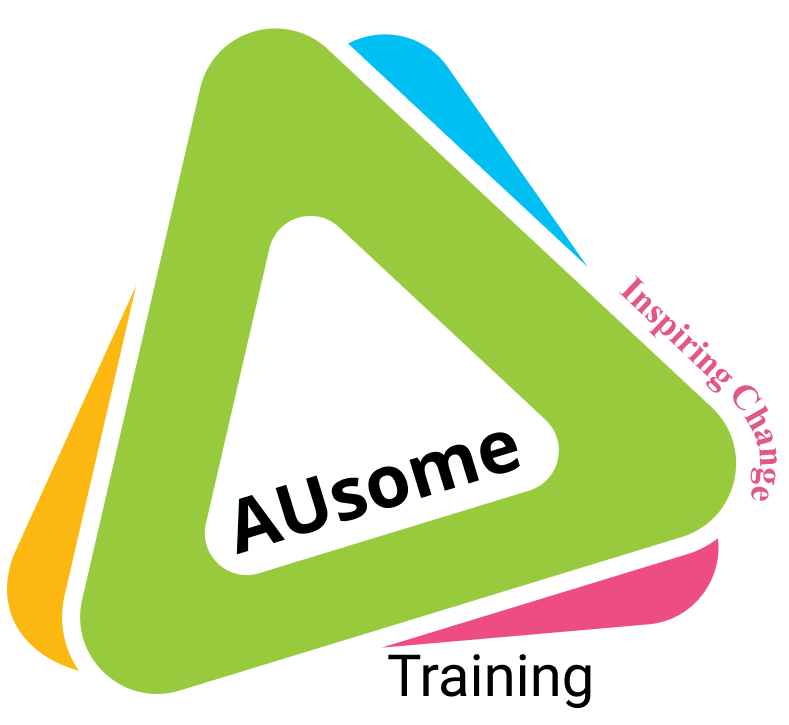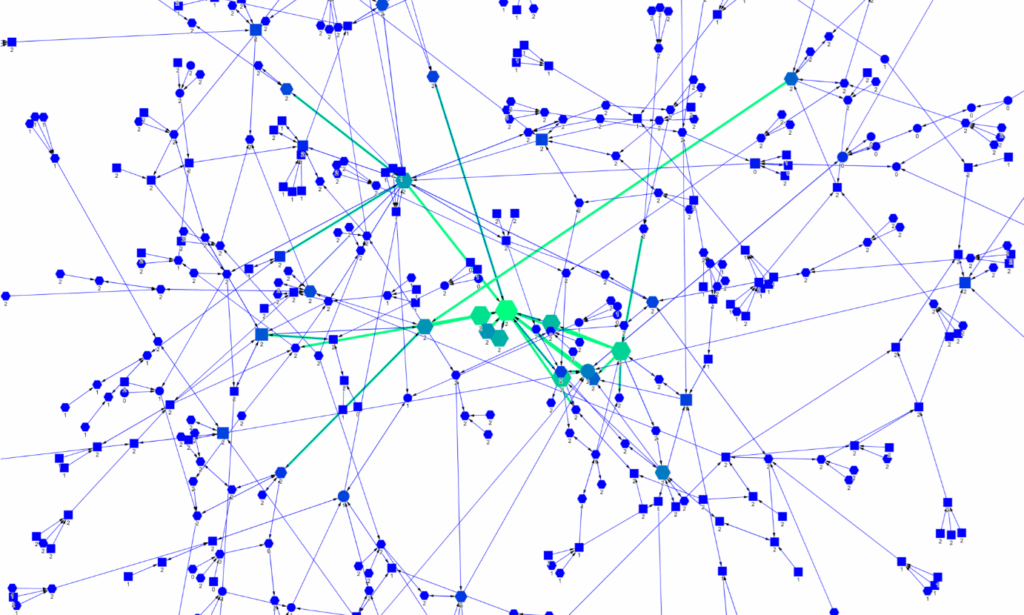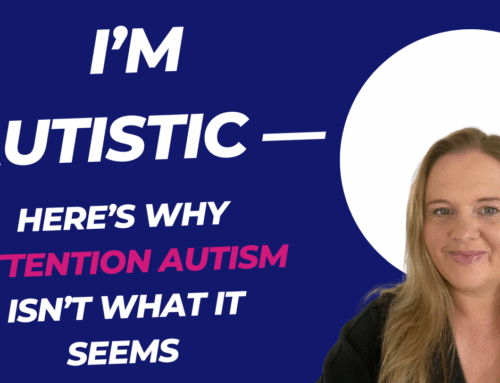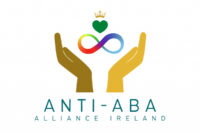The quick answer is: Almost nothing.
Unless we have to know something – a name to call you in an email, an address to post a book to – we don’t want to know.
We could make more money if we used the tools freely available online such as Meta Pixel (formerly known as Facebook Pixel) to profile everyone that visits our social media, reads our blogs, visits our site or watches our videos, but we refuse.
Here’s why.
Tracking and profiling tools collect information on people online and that can include web pages you visit, searches you run, TikToks you watch… when you do certain things online and for how long… what apps you use, who you follow, what you share or retweet, your ‘Like,’ ‘Downvote,’ ‘HaHa’ and ‘Angry’ reactions… your comments, family photos, photos of yourself, places you ‘Check In’ and tons more.
All that information gets combined to ‘profile’ you. That can tell businesses what you’ll likely buy, when during the year you splurge, what adverts attract your attention, and all that makes it easier to target you and persuade you to part with your money.
The thing is, that profile can include both facts and guesses about your marital status, your religion, your sexuality, your mental health or your political views. These are used to work out how to persuade you to spend… and how to influence you in other ways too.
We believe things like that are outright unethical, and we try our best in a world dominated by tech corporations and ‘big data’ to rely on the quality of what we create and the reputation that builds, and the belief that our job is to meet real needs of real people.
But there’s more to it than that.
All that data goes somewhere, and corporations don’t always keep it as safe as you would like. Selling your data is very profitable. By refusing to be part of that (in so far as we can) we probably make no real difference, but that doesn’t excuse complicity.
More than that, as the repeated reports of data breaches, hacks etc demonstrate, those datasets about you aren’t secure. They can be stolen. It’s likely that your data has been robbed – and mine – more than once.
Okay, so we have an ethical stance and we’re going to stick to it as best we can in an online world where almost everything you click on collects data on you – ‘yaay for us,’ I guess. But general principles aside, why do we feel so strongly about protecting our customers?
Many – likely most – of the people who come to us do so from places of vulnerability. Many are Autistic or otherwise Neurodivergent of course, but we know (because this is the reality of our community) that in the mix are a lot of LGBTQIA+ community members, people with past history of trauma (indeed, people with ongoing trauma), people living in or near poverty, a mix of ethnicities, politcal views, faiths, living in unsecure housing, with many disabilities, or people who have responsibility for such people… All these and more put our customers at risk of exclusion, unemployment, coercion, manipulation, abuse, discrimination.
We know this danger because we are those people. We’ve been harmed. We’ve experienced discrimination.
Our mission is to ‘make tomorrow better than today’ for people like ourselves. That’s not just about adding good things, it’s also about refusing to do harm.
You, our followers, customers, friends… You deserve better. Your dignity, privacy and safety matter.
You come to us out of trust. You come to us with needs. We have taken it upon ourselves to honour that trust and, as much as we can, try and meet those needs.
We can’t do that by putting you at risk.
Thank you for trusting us.





